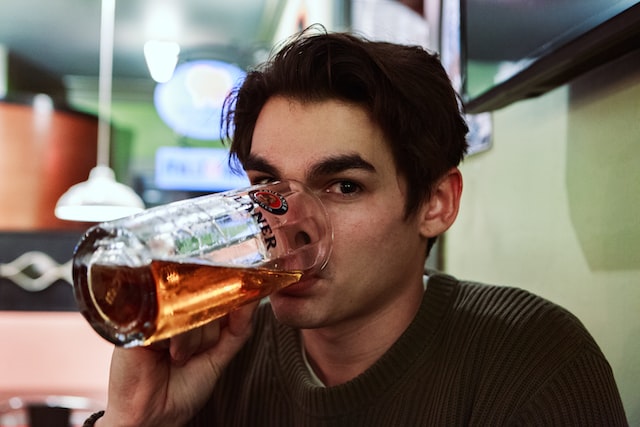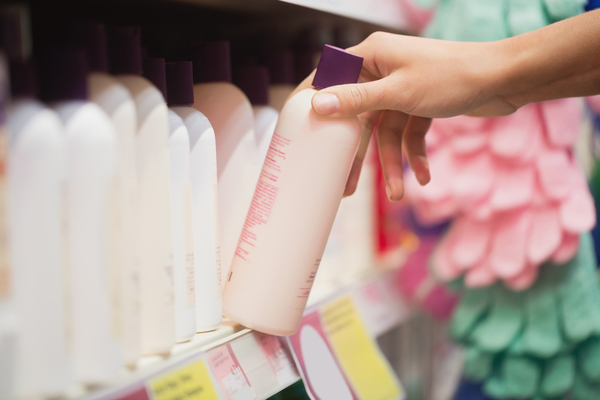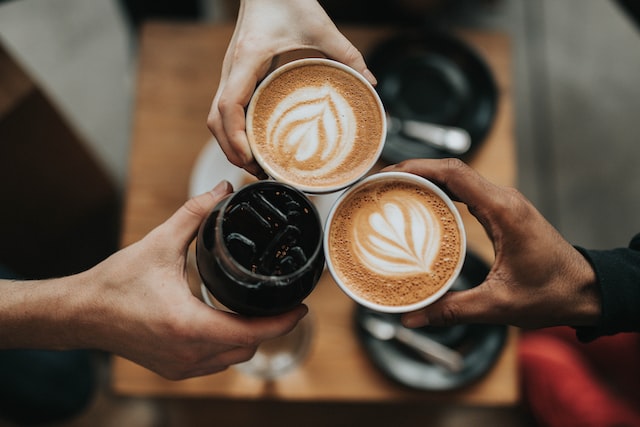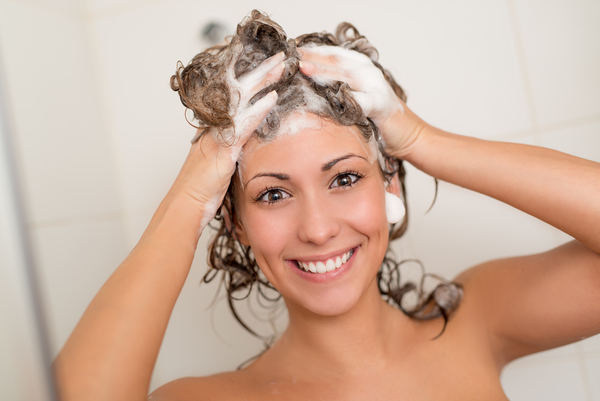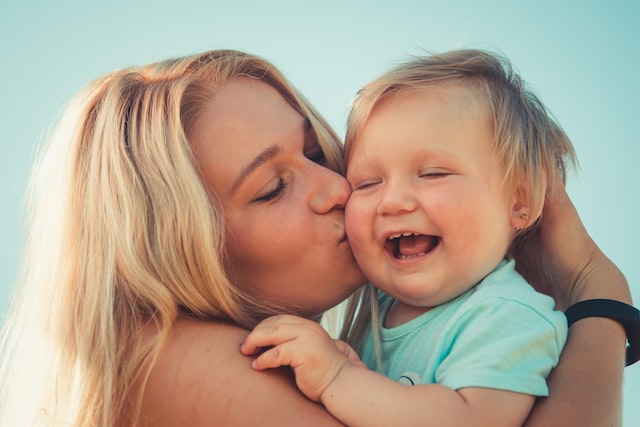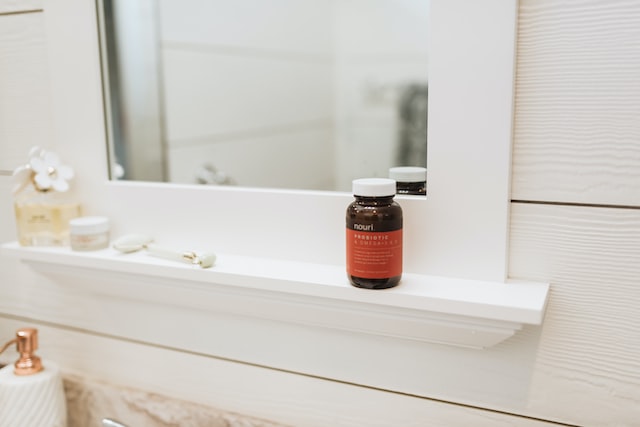Hair loss can be a distressing experience for anyone, but did you know that excessive drinking can also contribute to this issue? It’s a fact that most people overlook, but the truth is that alcohol consumption can have a significant impact on the health of your hair.
The link between excessive drinking and hair loss is not just limited to the damage it can do to your hair follicles, but also to the other bodily functions that are crucial for healthy hair growth.
So, if you’re someone who enjoys a drink or two, you may be wondering if your favorite pastime could be the reason behind your thinning hair. In this article, we’ll delve into the science behind the relationship between excessive drinking and hair loss, and help you understand the impact it can have on your hair. Get ready to learn the truth about alcohol and hair loss – it’s a story you won’t forget!
How Excessive Drinking Can Lead to Hair Loss
Excessive drinking can lead to hair loss through several mechanisms. Alcohol is a diuretic, which means it increases fluid loss in the body and can lead to dehydration.
Dehydration can affect the health of hair by reducing the blood flow to the scalp and hair follicles, and by making the hair shafts more prone to breakage. Alcohol also interferes with the absorption of essential vitamins and minerals such as vitamin B, folate, and zinc, which are critical for healthy hair growth.
In addition, alcohol consumption can cause hormonal imbalances, including an increase in the levels of testosterone, which can lead to hair loss in both men and women. Alcohol also increases oxidative stress, which can cause inflammation and damage to the hair follicles, leading to hair loss.
Studies have shown that excessive alcohol consumption can have a negative impact on the health of hair and lead to hair loss. For example, a study published in the International Journal of Trichology found that excessive alcohol consumption was associated with an increased risk of hair loss in men (Suman, Mittal, & Khanna, 2012).
Another study published in the American Journal of Clinical Dermatology found that alcohol consumption was associated with a higher prevalence of hair loss in women (Borodina, Arocha-Pinango, & Tosti, 2013).
5 Possible Impact of Alcohol on the Scalp and Hair Follicles
Alcohol has a damaging impact on the scalp and hair follicles, which can lead to hair loss. Here are some of the ways in which alcohol affects the scalp and hair:
Changes in the acidity of the scalp
Alcohol consumption can alter the pH balance of the scalp, making it more acidic and less hospitable to healthy hair growth.
Reduced production of sebum
Alcohol consumption can cause the sebaceous glands in the scalp to produce less sebum, the natural oil that helps to keep the scalp and hair moisturized. A lack of sebum can cause the scalp to become dry, leading to hair breakage and hair loss.
Increased production of DHT
Alcohol consumption can increase the levels of DHT (dihydrotestosterone) in the scalp, which can cause the hair follicles to shrink, leading to hair loss.
Weakened hair shafts
Alcohol can weaken the hair shafts, making them more prone to breakage and damage.
Compromised immune system
Alcohol consumption can compromise the immune system, making it more difficult for the body to fight off infections and other scalp conditions that can lead to hair loss.
These effects can vary based on the amount and frequency of alcohol consumption, as well as individual factors such as age, genetics, and overall health. To minimize the risk of hair loss, it is important to limit alcohol consumption and maintain a healthy lifestyle.
5 Easy Ways To Prevent Hair Loss from Excessive Drinking
If you’re worried about excessive drinking causing hair loss, there are some steps you can take to prevent it. Here are a few tips to keep your scalp and hair healthy:
Drink in moderation
The most important thing you can do to prevent hair loss from alcohol is to drink in moderation. This means limiting your alcohol consumption to no more than one or two drinks per day.
Stay hydrated
Alcohol is a diuretic, which means it can dehydrate your body and scalp. To counteract this, make sure to drink plenty of water and stay hydrated. This will help to keep your scalp and hair healthy and moisturized.
Get enough vitamins and minerals
Alcohol can interfere with the absorption of essential vitamins and minerals, including vitamin B, folate, and zinc, which are critical for healthy hair growth. To counteract this, make sure to eat a balanced diet that is rich in these nutrients and consider taking a multivitamin supplement.
Avoid smoking
Smoking can also contribute to hair loss, so if you smoke and drink, it’s a double whammy for your hair. To minimize the risk of hair loss, it’s best to quit smoking or at least limit your exposure to secondhand smoke.
Avoid harsh hairstyles
Harsh hairstyles, such as tight braids, cornrows, and hair extensions, can put a lot of stress on the hair and scalp, leading to hair breakage and hair loss. If you have to wear your hair in a tight style, make sure to take breaks and give your scalp a chance to rest and recover.
By following these tips, you can help to prevent hair loss from excessive drinking and keep your scalp and hair healthy and strong. Remember, your hair is a reflection of your overall health, so taking good care of yourself is the best way to keep it looking its best.

